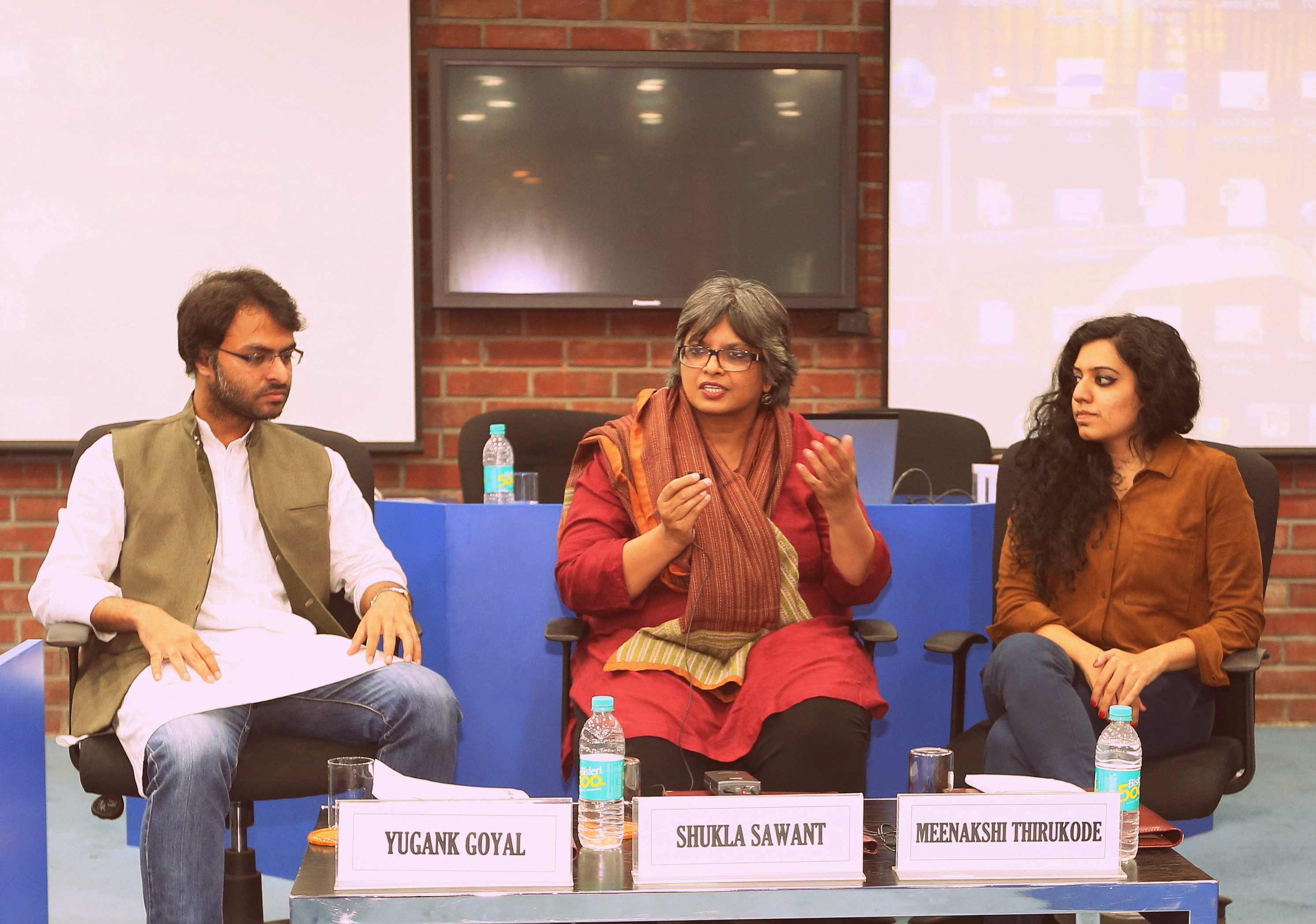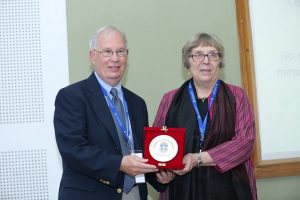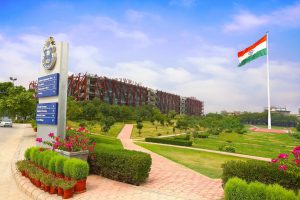Sonipat November 17th 2015
On November 17, 2015, the Jindal School of Liberal Arts in collaboration with the Winter School on Art/Law at O.P. Jindal Global University organized an engaging forum that brought together contemporary artists, curators, scholars and students to discuss and deliberate on the different concepts of “value” in art, and their practical manifestations in the art world.
The forum was organized at the O.P. Jindal Global University campus in Sonipat and deliberated on three varied concepts of “value” (social, economic, and intrinsic) in art. The first being its social value: the way particular cultures and societies consider the value of particular objects and their role in the larger society. The second being the economic value: the exchange value or market value, where, art is thought of as a kind of property. The final conception is intrinsic value: best captured by terms like “aesthetics” and “beauty.” Participants were invited to evaluate and locate their own encounters with these three senses of value while working in different locations within the art world.
Delivering the welcome address at the seminar, Prof. Kathleen Modrowski, Dean, Jindal School of Liberal Arts and Humanities, said, “JSLH began this series of encounters last spring based on the understanding that the “arts” are a vital part of the pursuit of knowledge. As a School of Liberal Arts we see the arts, visual and performing arts along with vernacular arts, as part of human expression common to all human beings. It is within this perspective that we wish to engage in an ongoing discussion that will broaden our understanding of creative expression and to borrow a term from culture critic Denis Dutton, the “art instinct”.”
Prof. Vik Kanwar, Academic Director, Winter School on Art/Law; Associate Professor at Jindal Global Law School, spoke on the multiple meanings of the term “value” and how these intersect and depart when applied to art. He encouraged the audience to formulate their own ideas on the relationships between economic, social and aesthetic forms of value after listening closely to various panelists who would describe their direct encounters with these concepts.
The seminar was divided into two sessions, and had speakers from different walks of life who had organized and participated in an assorted range of visual arts exhibitions, which included: painting, sculpture, drawing, architecture and decorative arts, film, video, and photography.
The first session began with artists Susanta Mandal and Sakshi Gupta presenting their engaging and thought-provoking work from previous exhibitions and installations, which showcased their emphasis on experimentation and how while working in a wide range of mediums, they had challenged the traditional ideas of how art is defined, what constitutes art, and how art is made.
Both experts are renowned contemporary artists based in the capital city, Susanta, is best known for kinetic installations incorporating combinations of light, video, and mechanical apparatuses, while Sakshi, primarily works with a diverse range of material including scrap metal, concrete, papier-mâché and wood.
The second session of the seminar had two very eminent speakers Dr. Shukla Sawant, a historian of Modernism and Contemporary Art who is currently engaged as Professor of Visual Studies, School of Arts and Aesthetics, JNU, and Meenakshi Thirukode, Writer, Researcher and Curator, former Creative Director at Dakshinachitra (Chennai, India) and Curator for Exhibit 320 in New Delhi.
Dr. Shukla Sawant, spoke from her dual locations as art practitioner and historian, surveying the ways in which artistic movements, such as European impressionism and Indian art in the 19th century, were sometimes shaped by commercial forces, while never only reducible to them. She also issued a warning on encouraging artists to be politically engaged in communities without first equipping them with interdisciplinary training in anthropology, political theory, and other ways of understanding local contexts. Meenakshi Thirukode, for her part, argued for the value of politicization as a worthy artistic endeavor in itself. She drew upon her experience studying ‘art market, connoisseurship and criticism’ at Christie’s, New York, weaving a narrative of transitioning back from New York to the Indian art world, with her impulse to move from viewing art through a commercial lens to a critical and political one, based on intersectional identity politics.
Yugank Goyal, Associate Professor, Jindal School of Liberal Arts and Humanities (JSLH) and Anica Mann Kapur, Research Associate (JSLH) chaired individual sessions of the seminar.



